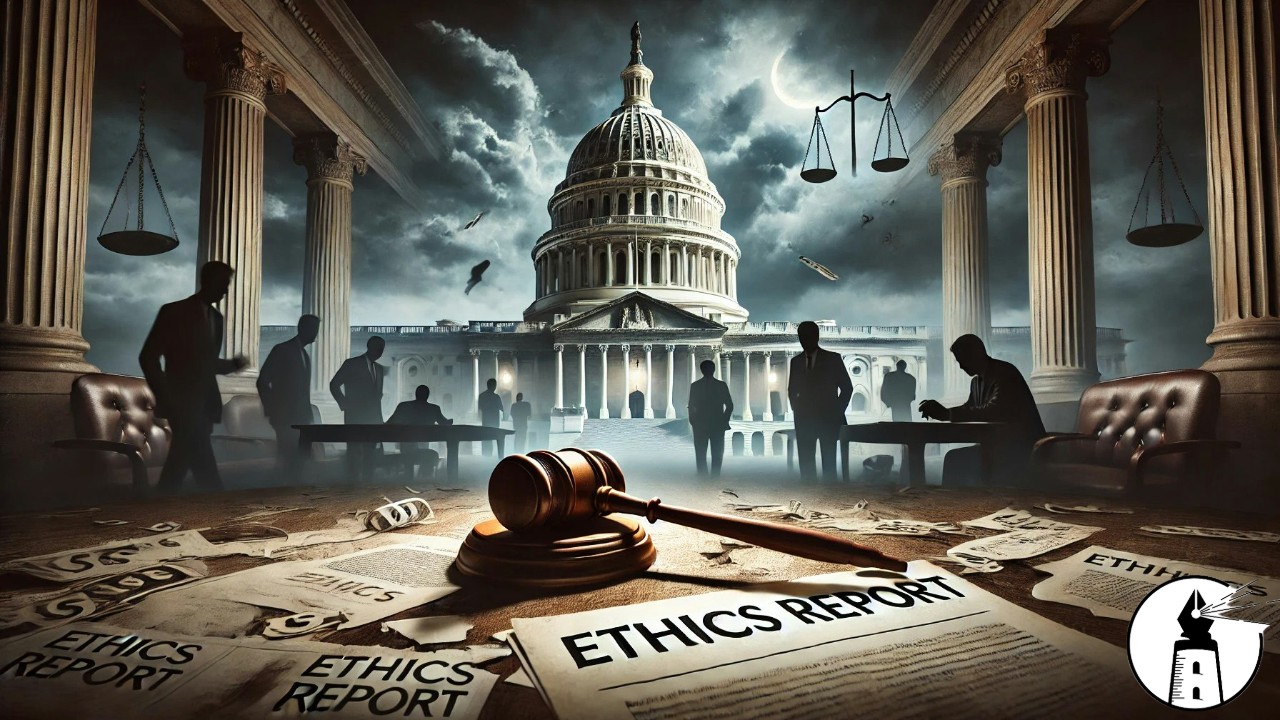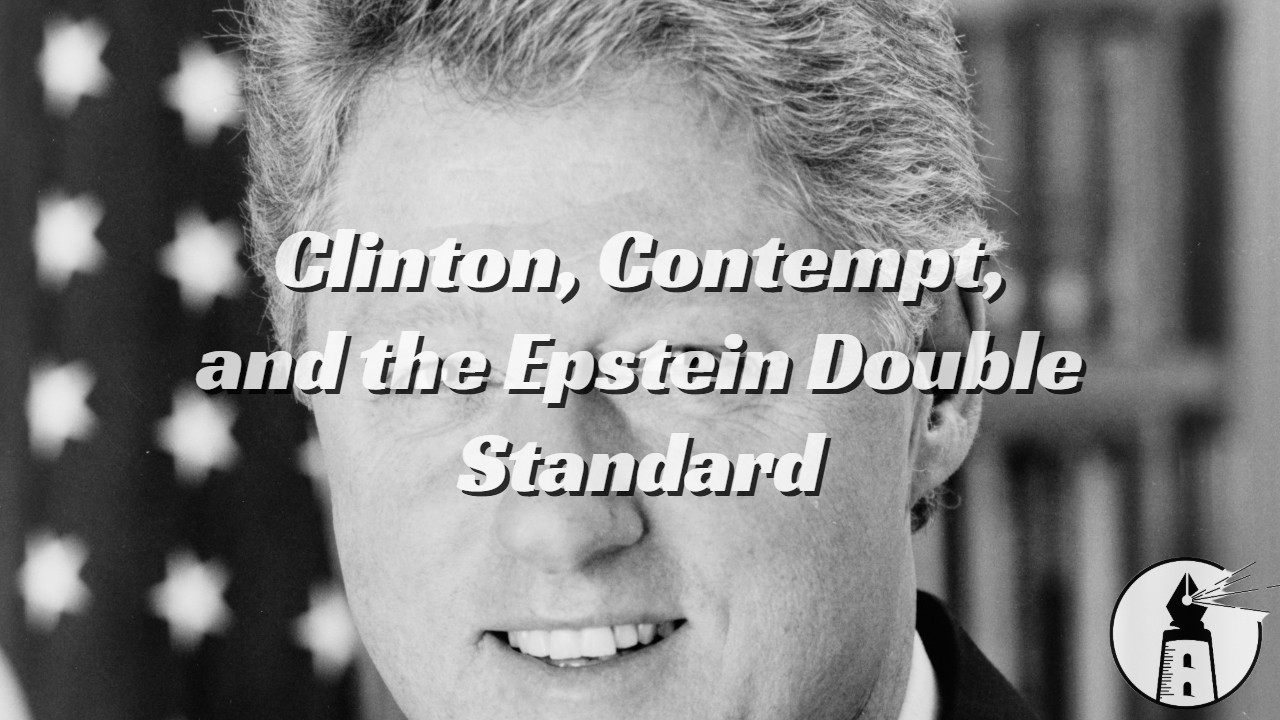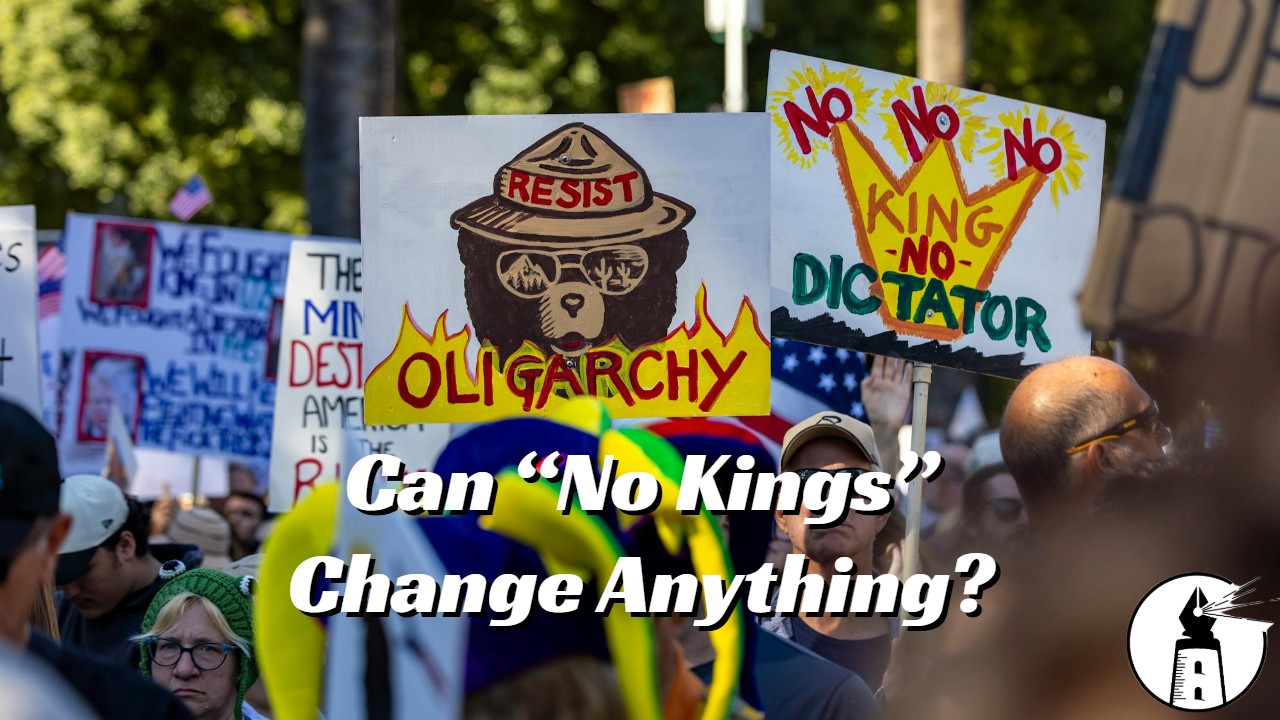The recent release of the House Ethics Committee report on former Representative Matt Gaetz has cast a glaring spotlight on the intricate intersection of ethics, politics, and accountability in Washington. The detailed findings paint a damning picture of Gaetz’s conduct during his tenure in Congress, ranging from alleged payments for sex and drug use to obstructing investigations and breaching ethical boundaries. Yet, beyond the individual allegations, this report invites more in-depth scrutiny of the political culture that allowed Gaetz to rise to prominence and even be considered for one of the nation’s highest law enforcement roles.
The report’s revelations underscore the challenges in enforcing accountability for public officials. Gaetz’s abrupt resignation from Congress just before the report’s scheduled release exemplifies a tactic long used by lawmakers to evade public scrutiny and mitigate fallout. Historically, the Ethics Committee has often refrained from releasing reports on former members, creating a precedent where resignations can shield misconduct from full public exposure. This time, however, the bipartisan decision to release the report, despite its rarity, reflects a growing recognition of the public’s right to transparency in matters of significant ethical violations. The contents of the report, detailing alleged illicit behavior and the misuse of power, highlight conduct that undermines the integrity of public office.
The implications extend far beyond Gaetz himself. This report is a stark reminder of the broader consequences of political appointments and the vetting processes, or lack thereof, that accompany them. Gaetz’s close alignment with Donald Trump and his nomination for attorney general during Trump’s transition period raise urgent questions about the standards applied to Cabinet picks. How could someone with such troubling allegations and behaviors be seriously considered for a role tasked with upholding the law across the United States?
Trump’s decision to elevate Gaetz to the attorney general position exposes potential weaknesses in his approach to assembling a cabinet. It suggests either a lack of thorough vetting or an indifference to the ethical and legal baggage that appointees may carry. If Gaetz, with such substantial allegations surrounding him, was deemed suitable for attorney general, it naturally calls into question the qualifications and character of other Cabinet members Trump selected. Was the focus primarily on loyalty and political alignment, rather than competence and integrity? Were similar blind spots present in the vetting of other appointees?
The decision to release the Ethics Committee report represents a small but meaningful step toward holding public officials accountable, even after they leave office. However, it also highlights the need for systemic reforms to ensure that ethical standards are consistently upheld, both in the halls of Congress and in the highest echelons of government. Without stronger safeguards, the cycle of evasion, misconduct, and political opportunism is likely to continue.
As this saga unfolds, the American public must grapple with larger questions about the standards expected of their leaders. The Gaetz case may serve as a turning point. Not just in addressing individual misconduct, but in rethinking how political appointments are made and how ethical lapses are addressed. At its core, this story underscores the urgent need for a political culture that values integrity over expediency, ensuring that public service truly serves the public good.
—By Greg Collier



